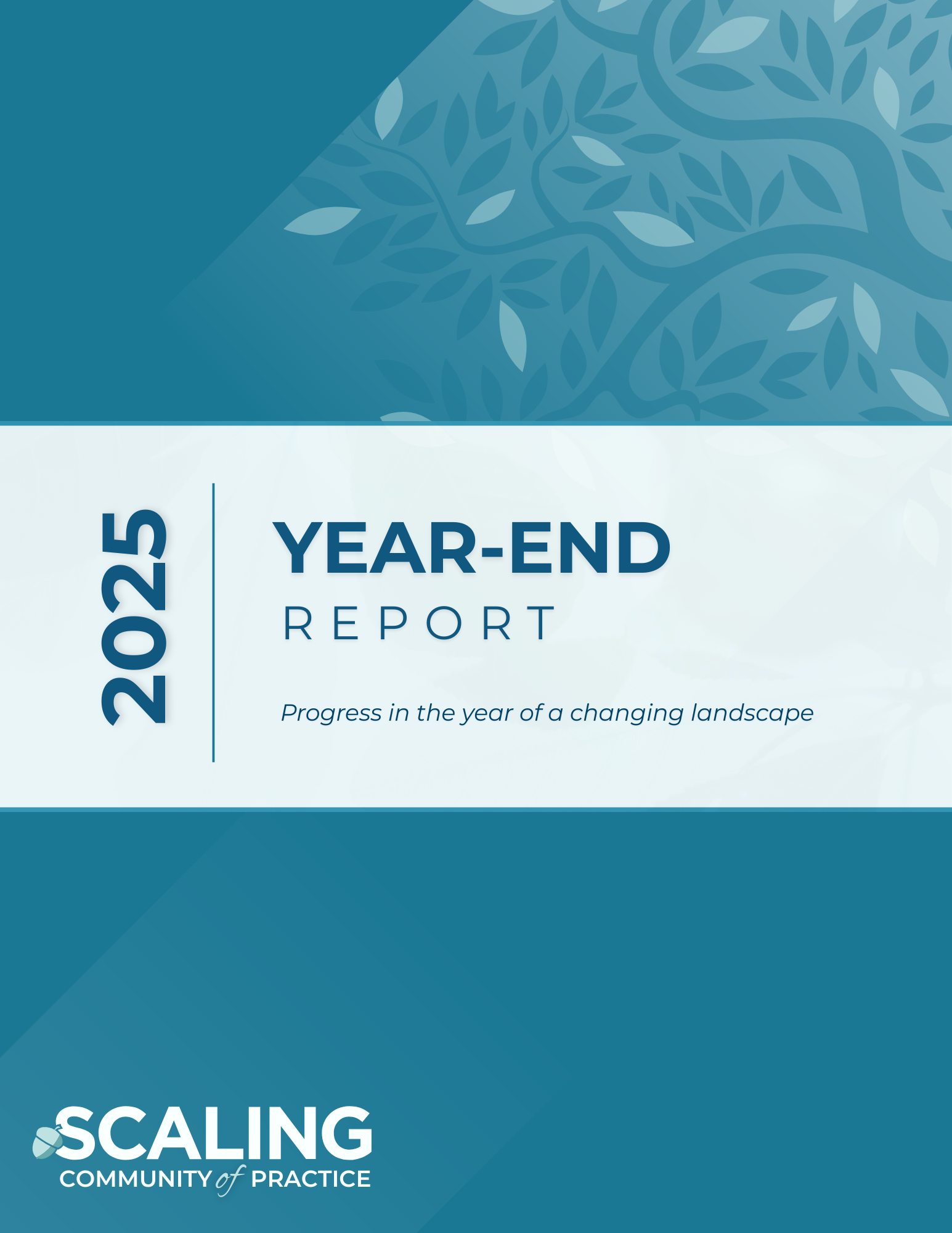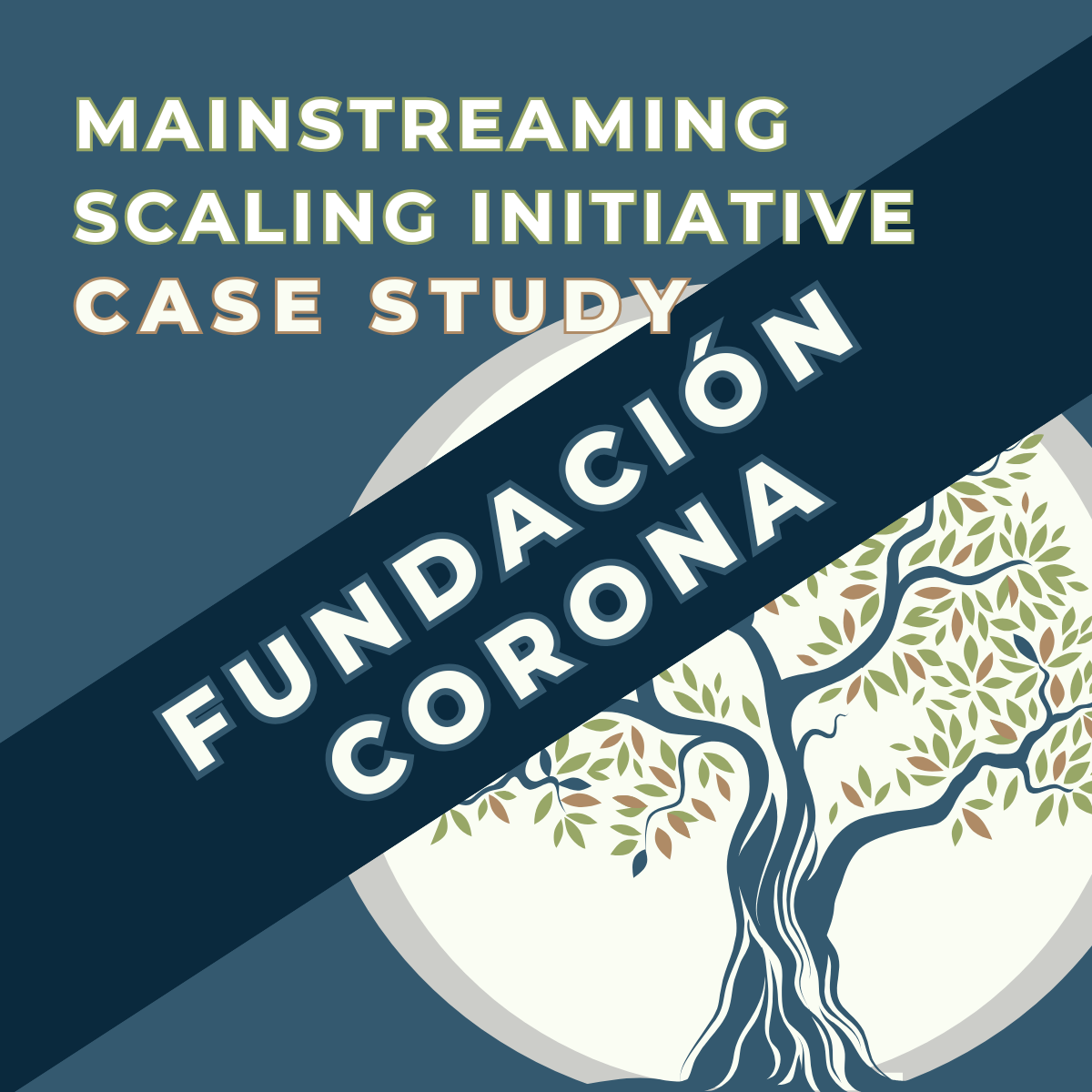[vc_row][vc_column css=”.vc_custom_1744909738521{margin-bottom: 50px !important;}”][vc_tta_tabs color=”white” active_section=”1″][vc_tta_section i_icon_fontawesome=”fas fa-info” add_icon=”true” title=”About the session” tab_id=”1746018045080-a6077f0f-323bfb9b-b8b7″][vc_column_text]This FfD4 hybrid side-event—co-hosted by AFD and the Scaling Community of Practice—gathered development leaders, funders, and implementers to tackle one big question: how to achieve impact at scale in a world of shrinking aid budgets. Rather than pilot after pilot, speakers called for systemic change: long-term, locally-owned, evidence-based scaling strategies embedded in institutions from day one. We have eight takeaways:
- Stop stacking pilots. The international development sector is a “junkyard of pilots”—solutions must be designed from the start to scale, not as afterthoughts.
- Governments must lead. Donors should stop expecting governments to adopt solutions late in the game. Local ownership is non-negotiable.
- Think in systems, not projects. Scaling means changing how institutions function—not just increasing project size or funding.
- Long timelines, steady commitment. Scaling takes 10–15 years. That demands long-term, flexible support—not short-term, fragmented funding.
- Remake incentive structures. Donors and agencies are still rewarded for visibility and volume, not sustainable outcomes. That has to shift.
- Evidence matters, but so does adaptation. Impact data is essential, but real-world scaling requires learning, iteration, and local fit.
- Scaling needs more than funding, it needs an ecosystem. Scaling needs enabling environments: policies, partners, business models, and capacity. Reductions in funding offer an opportunity to re-think how to leverage the larger ecosystem.
- Seize the moment. Fiscal constraints, institutional fatigue, and global pressure are aligning. Now is the moment to make scaling the norm, not the exception.
[/vc_column_text][kleo_gap][vc_btn title=”View the recording” style=”custom” custom_background=”#004c72″ custom_text=”#ffffff” align=”left” link=”url:https%3A%2F%2Fafd.keepeek.com%2FpublicMedia%3Ft%3DpmZGubK7Vk|target:_blank”][/vc_tta_section][/vc_tta_tabs][/vc_column][/vc_row]


